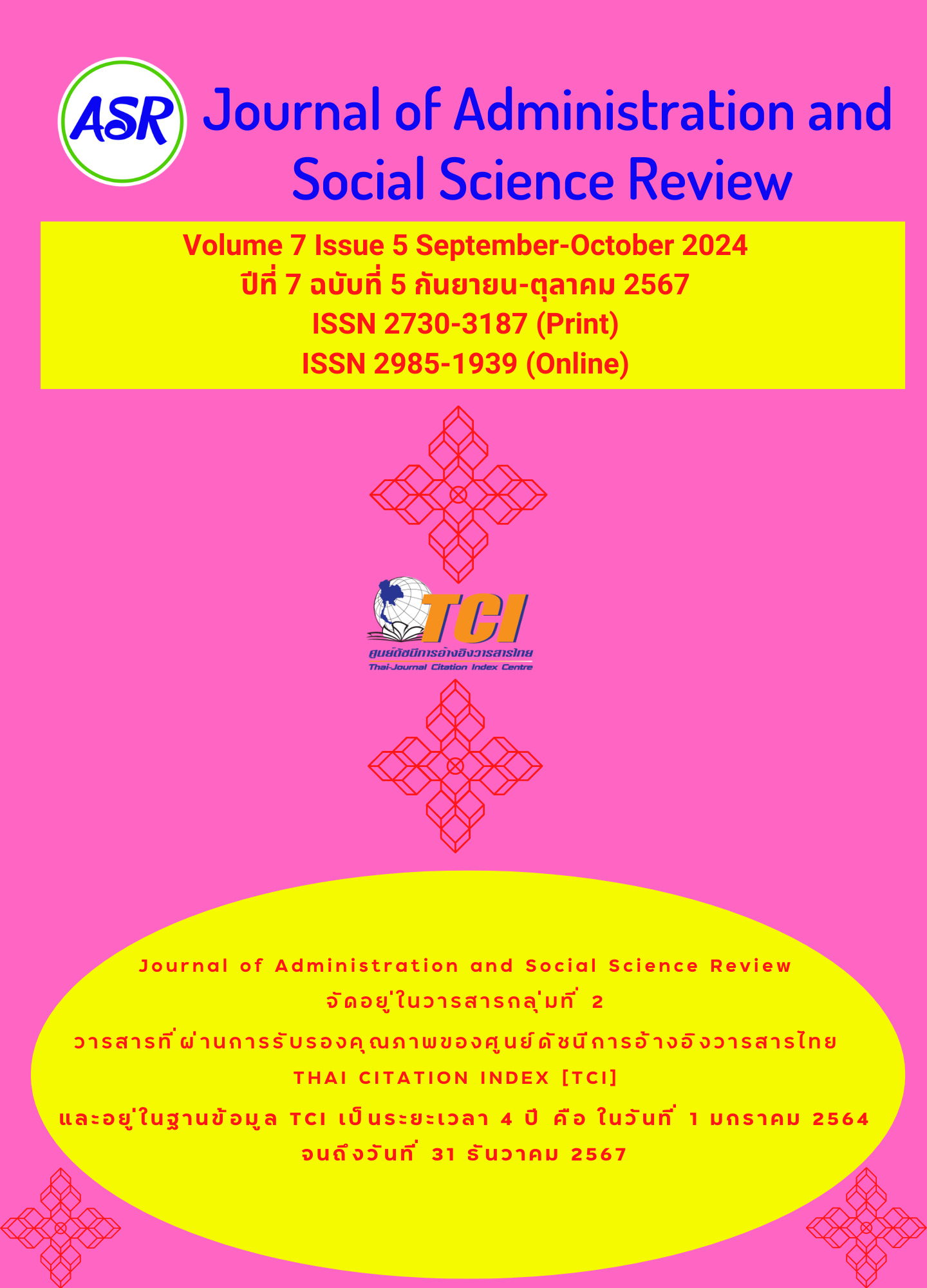The Curriculum Administrative Approach for the Higher-Level Education at Phrae Provincial Office of Learning Encouragement
Keywords:
Participatory curriculum, Upgrade your qualifications, Provincial office of learning encouragementAbstract
This research objectives were: 1) to assess the needs and necessity of curriculum administration, and 2) to study the curriculum administrative approach for the higher-level education at Phrae Provincial Office of Learning Encouragement. It was mixed methods research. The population were: directors district learning encouragement center, 8 people, 128 teachers, total 130 people. The target group for the interview consisted of 9 people. The research tools were questionnaires and interviews.The statistical instruments included frequency, percentage, mean, standard deviation, needs priority index, and content analysis.
The results of the research showed that 1) the needs and necessity of curriculum administration, arranged from the highest to lowest, were preparation for school curriculum administration, implementation of the school curriculum, monitoring and evaluating the curriculum, and the preparation of educational institution curricula.2)The curriculum administrative approach for the higher-level education was preparation for administration of educational institution curriculum developing teachers for understanding the curriculum, preparation of school curriculum giving teachers an opportunity for involving parents and communities in developing the curriculum appropriate for the problems and needs of students. In terms of implementing the school curriculum, teachers organized a variety of teaching and learning activities to enable students to be creative, applied knowledge to actual careers, and used scientific resources to enable students to gain additional knowledge. There was modern technology and holistic assessment of learners. Network partners were encouraged to participate in promoting learning, developing student potential, monitoring, and evaluating the curriculum. They had systematic monitoring and evaluation of institutional curricula for adjusting the curriculum contents satisfying the student needs.



